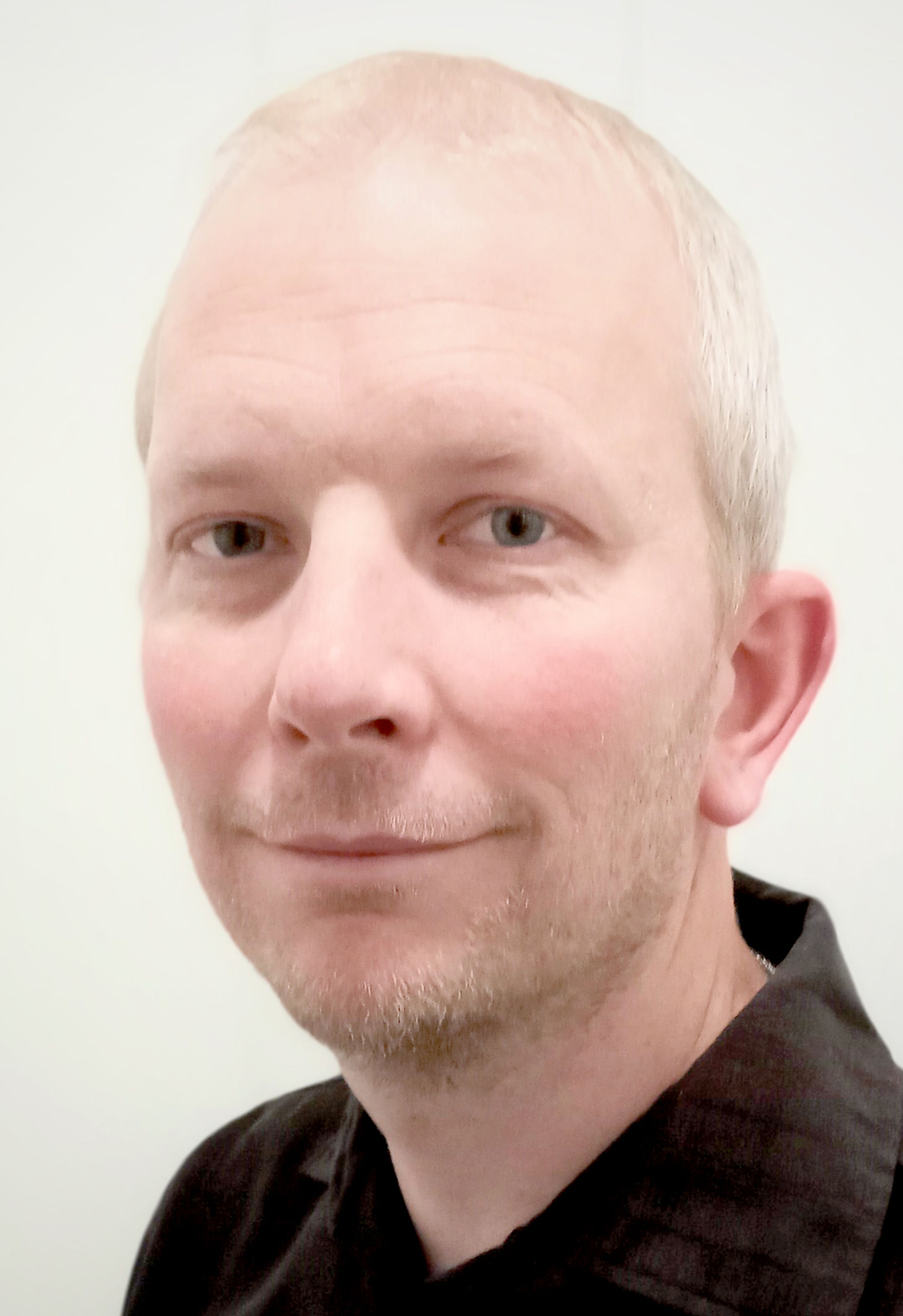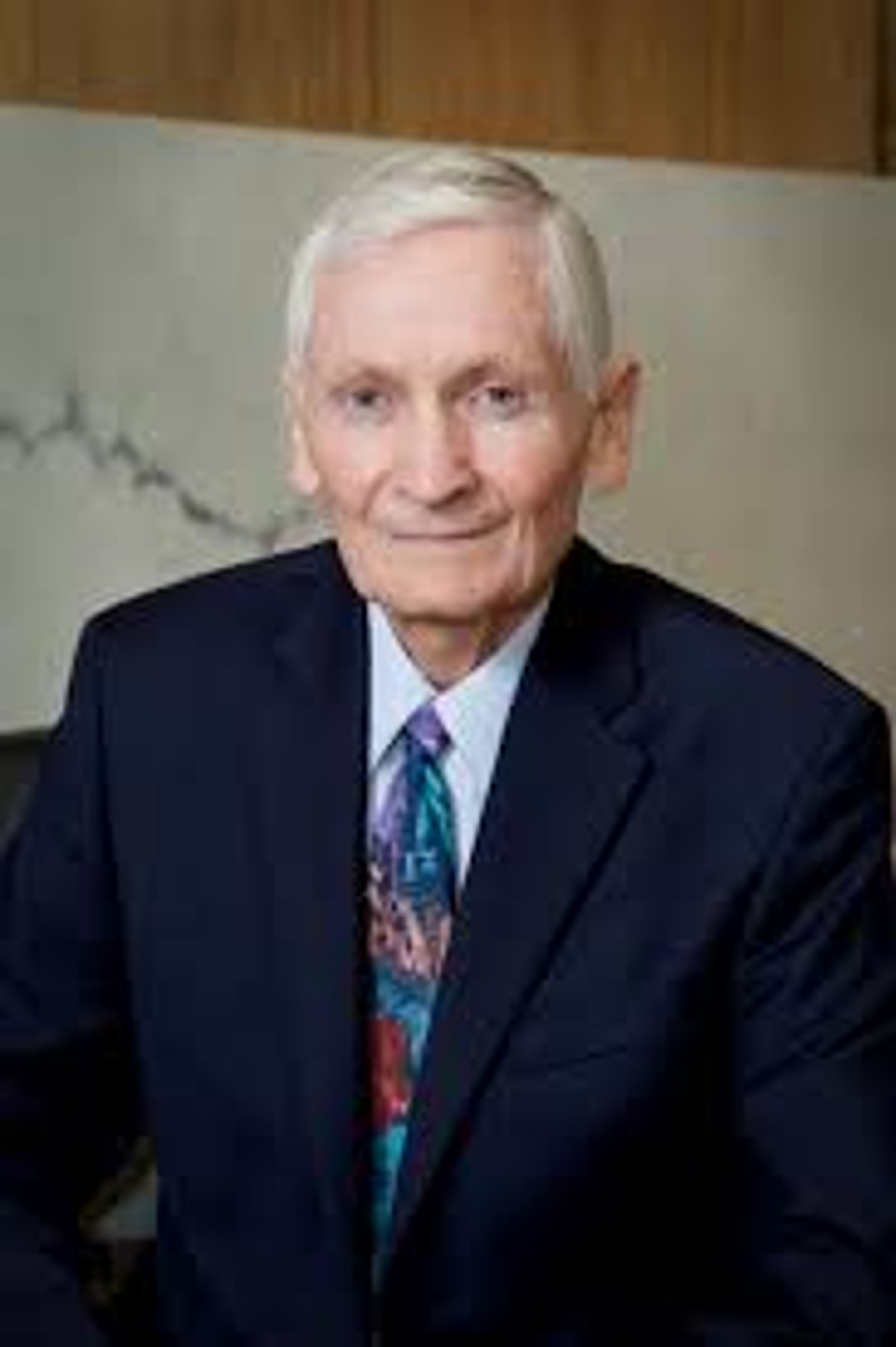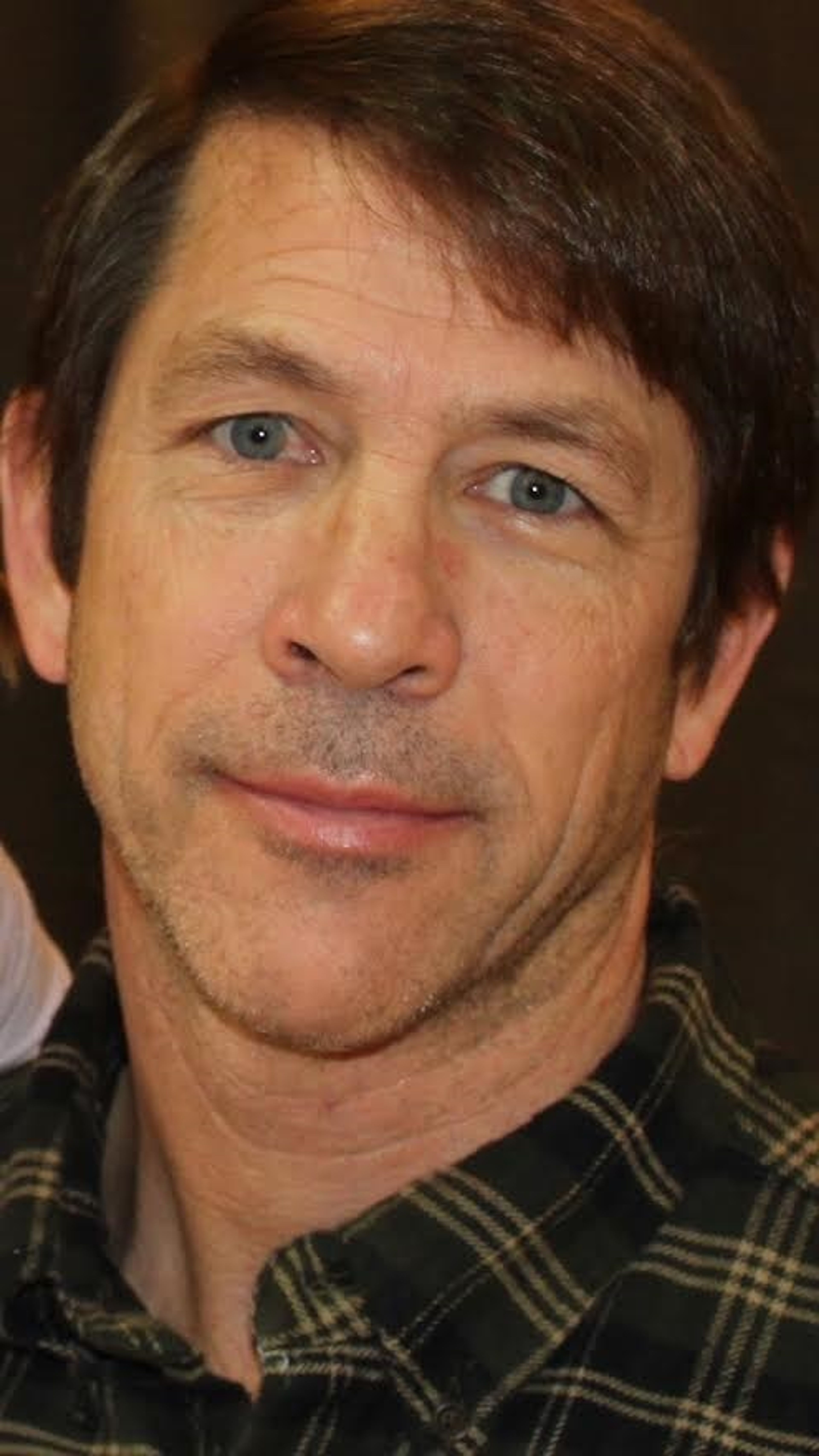There is a cult of ignorance in the United States, and there has always been. The strain of anti-intellectualism has been a constant thread winding its way through our political and cultural life, nurtured by the false notion that democracy means that, in the words of Issac Asimov, “my ignorance is just as good as your knowledge.”
It’s ludicrous to have to defend the primacy of objective truth while living at the technological apex of human civilization, but here we are. Donald Trump advisor Kellyanne Conway was rightly mocked in 2017 when she coined the phrase “alternative facts” to describe obvious lies about the size of Trump’s inauguration crowd, yet only a few years later “post-truth” has become a mainstream concept as misinformation, online echo chambers and confirmation bias enable each of us to slip further and further into personalized realities. While we are mostly being seduced and misled by media gatekeepers, many people are becoming explicit about choosing to believe whatever feels good, reality be damned.
Let’s be clear: Truth is not a feeling. Facts are not negotiable. A strongly-held opinion is not equal to an evidence-based conclusion, and the most passionate belief is inferior to a logically sound argument. Truth remains true whether you believe it or not. Just because a large number of people choose comforting fantasies over hard realities, that does not make the world “post-truth,” merely anti-intellectual. In some sense, the very success of logic, empiricism and the scientific method has enabled a portion of the population to ignore these pillars of modern society without immediate consequence. But, that’s not to say without any consequence.
Why can’t we just believe whatever feels good? Why can’t we leave objectivity to the scientists and engineers and retreat to our comfortably curated realities?
Simply put, as much as our culture glorifies the isolated individual, our lives are fundamentally interconnected. The very fabric of society is composed of collective agreements, which become impossible without shared facts and experiences. Though it’s normal for beliefs, values and opinions to clash, without the neutral arbiters of objective reality and logical argument to test claims and resolve disputes, all that remains to settle our differences is raw power. In such a world of “might makes right,” division and tribalism are the norm and physical violence becomes inevitable. In short, the reason we must prioritize objective facts over even our most sincere beliefs is because the alternative is war.
To see evidence of violence filling the vacuum when truth is banished, we need not look far. In his piece for Vox titled, “How death threats get Republicans to fall in line behind Trump,” Zack Beauchamp describes how fears of violent retribution kept multiple Republican leaders from voting to impeach Trump for his actions on January 6 — a riot caused precisely by the denial of facts in favor of a self-serving lie. This is how fear and violence supplant truth and democracy when courage is lacking.
Beauchamp continues: “In 2016, the Capitol Police recorded fewer than 900 threats against members of Congress. In 2017, that figure more than quadrupled, per data provided by the Capitol Police. The numbers continued to increase in every year of the Trump presidency, peaking at 9,700 in 2021.” Not surprisingly, this violence is largely concentrated in the increasingly anti-intellectual conservative right, where “incidents of threats and actual violence are ‘three to five times higher’… than on the left.”
Even when our denial of facts doesn’t lead to direct violence, it nonetheless erodes the security and prosperity of our nation by leaving us unable to confront the crises that face us. While we try to convince the doubters that climate change is real, the planet continues to warm. While we try to convince anti-vaxxers of the incontrovertible effectiveness of vaccines, people continue to die preventable deaths. While we argue about the causes of wealth inequality, the rich continue to hoard the world’s resources. We won’t be able to tackle any of these problems until we’re willing to take an ice-cold bucket of objective truth to the face. But this temporary discomfort is far preferable to where we’ll end up if we don’t.
Urie is a lifelong Idahoan and graduate of the University of Idaho. He lives in Moscow with his wife and two children.








